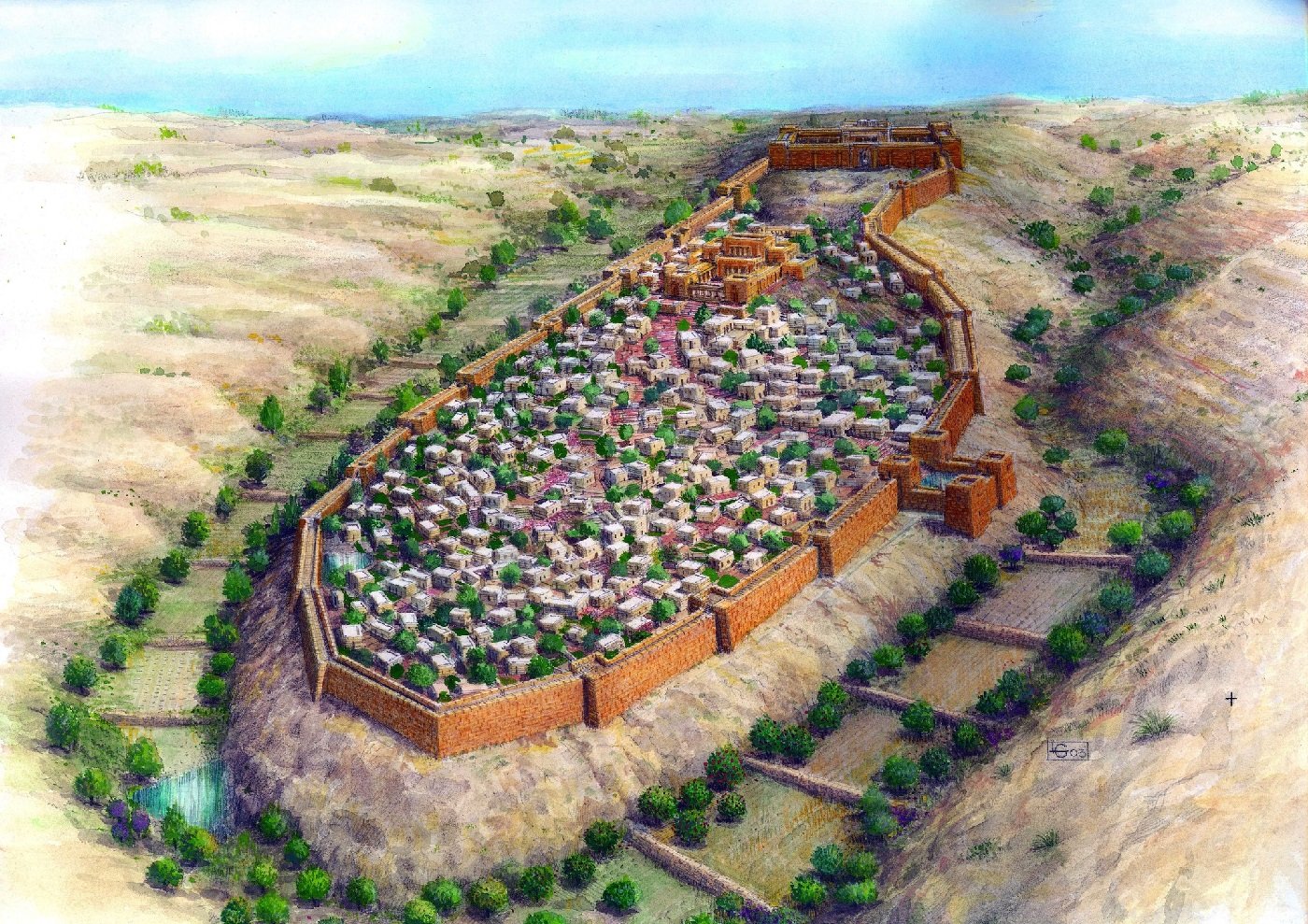Excavations led by the Israel Antiquities Authority, working in collaboration with Tel Aviv University and the Weizmann Institute of Science, have linked an event mentioned in the Bible to archaeological findings from the City of David.
The results of the excavation, published in the journal PNAS, challenges the accepted perceptions of the development of Jerusalem during the rule of the kings of Judah. In particular, the scope of Jerusalem during the reigns of David and Solomon and the period that followed.
The researchers have accurately dated several structures, including the city walls and royal construction projects, which are linked to Jerusalem’s growth to the west during the period of King Hezekiah around 2,700-years-ago.
The previous assumption was that the city expanded due to the arrival of refugees due to the Assyrian exile, however, the new findings now indicate that the city spread towards Mount Zion in the 9th century BC during the reign of King Jehoash, 100 years before the Assyrian exile period.
Prof. Yuval Gadot from the Department of Archeology at Tel Aviv University, said: “In light of this, the new research teaches us that the expansion of Jerusalem is a result of internal-Judean demographic growth and the establishment of political and economic systems.”
Excavations have also revealed that the wall of Jerusalem on the eastern slopes of the city of David is older than previously thought. It was thought that the wall in this area was built by Hezekiah, King of Judah, however, findings now indicate that it dates from the reign of King Uzziah.
King Uzziah is described in a passage in the bible that reads: “’And Uzziah built towers in Jerusalem… and strengthened them” (2 Chronicles 26:9).
According to Dr. Uziel: “Until now, many researchers have assumed that the wall was built by Hezekiah during his rebellion against Sennacherib (King of Assyria), in order to defend Jerusalem during the Assyrian siege. It is now apparent that the wall in the easter part of the City of David, was built earlier and as part of the construction of the city during the reign of King Uzziah.”
Header Image Credit : Leonardo Gurvitz, City of David Archives
Sources : IAA





